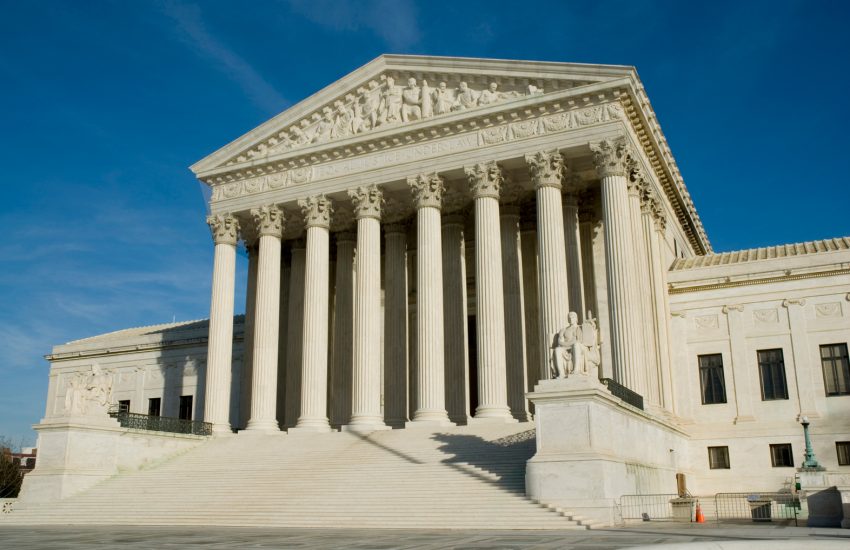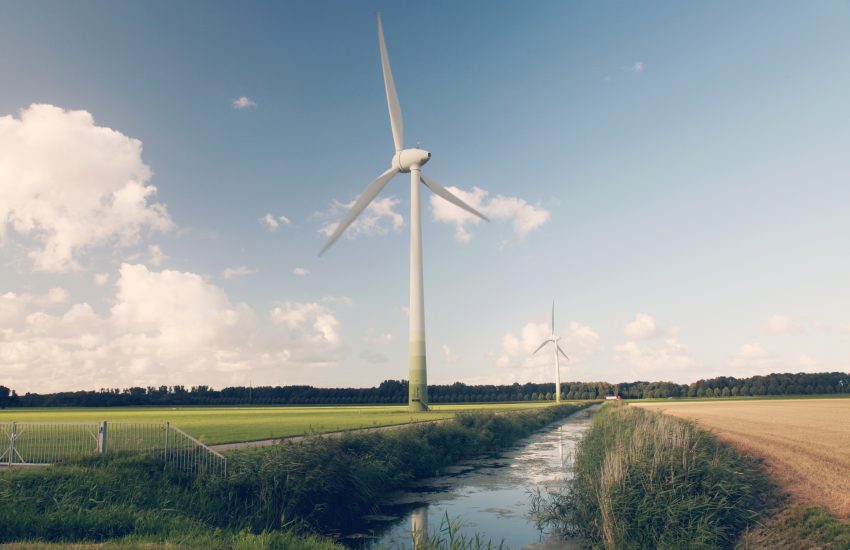California Gov. Gavin Newsom signed into law on June 30 a bill that aims to drastically cut single-use waste in the Golden State by shifting responsibility from consumers to the industry that produces it.
The legislation, SB 54 — known also as ‘The Plastic Pollution Prevention and Packaging Producer Responsibility Act’ — will apply to almost every type of plastic packing you might see at a California grocery store or big box outlet.
Acting as an extended producer responsibility law, SB 54 requires all single-use …
Continue Reading








